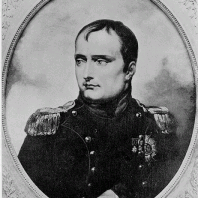Blame the French!
Résumé (or resume, without accents) appears to have its origin in France somewhere between 1800 and 1805. It is the term most commonly used in North America for what is known in the UK as a Curriculum Vitae in full(a Latin phrase and first appears to have been used a century later than Résumé.), shortened to CV which is then also interchanged with Resume in the USA!
Clear as mud?
The CV or a Resume, that is the question;
The easiest work around is to remember that in the UK the most widely used term is CV and in North America the most common term is Resume. Further reading from Wikipedia here
The difference between the CV or a Resume is becoming wider. Once upon a time, both would have been career snapshots but in the UK this has started to change over the last decade and the last couple of years has seen this change gathering momentum. The CV is now becoming less snapshot and more highly condensed career history with a SPECIFIC clear definition of responsibilities and achievements for positions held with past employers.
The CV that would have been written (and still written by the majority), used to be more of a description of your career. The CV of today is a document that helps recruiters and employers rapidly funnel down to the strongest suitable individuals for a job. The information on the CV then forms a much greater part of the interview process.
Why?
If you have taken the effort to highlight the key areas of your past employment and match these as closely as possible to a position you have applied for then your future employer will want to know more. It’s the honey pot trap. You have alluded to something the employer needs and without the ambiguity of the CV from 10 years ago. This makes the employers life that much easier but also helps focus the interview around your CV, and importantly, your facts and figures. See our CV Tips page for more, here

